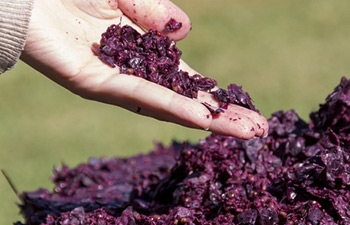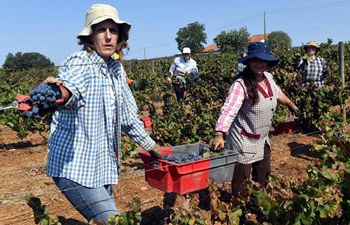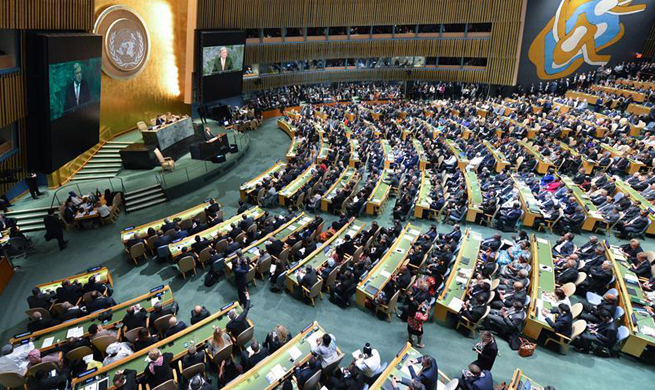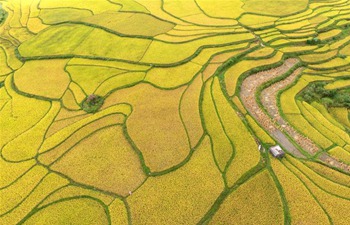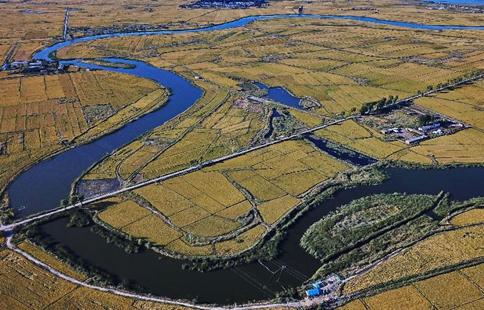KIGALI, Sept. 20 (Xinhua) -- African economies should take the lead in embracing crop genetic varieties in a bid to enhance food security and sustainable agriculture, experts said Wednesday.
They made the call during the African Union regional forum on the Implementation of the International Treaty on Plant Genetic Resources for Food and Agriculture (ITPGRFA) in Kigali, capital city of Rwanda.
The treaty was adopted by the Thirty-First Session of the Conference of the Food and Agriculture Organization of the United Nations (FAO) on Nov. 3, 2001, whose objectives are the conservation and sustainable use of all plant genetic resources for food and agriculture and the fair and equitable sharing of the benefits arising out of their use for sustainable agriculture and food security.
Rwanda hosted the meeting from Sept. 19 to 20 that paves way for the upcoming 7th Session of the Governing Body of the ITPGRFA in Kigali from Oct. 30 to Nov. 3, 2017.
The two-day meeting that attracted agriculture experts from across Africa and beyond aimed at discussing the contribution of plant genetic resources towards increasing agricultural productivity and food sufficiency on the continent where food insecurity is most prevalent.
"In most countries of the continent, problems related to malnutrition and low crop yield are the primary food insecurity concern. Plant genetic resources and resilient seeds have high chances of boosting yield and making existing crop fields more productive," said Kent Nnadozie, secretary for ITPGRFA.
According to ITPGRFA, plant genetic resources are the raw materials of new crop varieties that are essential to humankind's fight against hunger.
Janet Edeme, Acting Director of Department of Rural Economy and Agriculture of African Union Commission, called on African governments and institutions to provide conducive environments for crop genetics to thrive and contribute to poverty and famine reduction.
"Investments are needed in agricultural research, crop biodiversity and development to ensure new crop seeds have a positive impact on productivity and ultimately improve the livelihood of farmers," she added.
Janet Edeme said the forum provides a platform for Africa to negotiate joint position on biodiversity conservation and use on seeds under ITPGRFA.
The meeting also dwelt on how agriculture can adapt to a changing climate so as to build a resilient food production system in Africa, basing on available crop diversity.
Participants called for the involvement of farmers in activities such as plant breeding, variety selection and conservation of improved seed varieties.
Hunger is on the rise in the world as, overall, hungry people increased to 815 million in 2016 from 777 million in 2015, according to a FAO's report. Among 815 million hungry people, 243 million are in Africa, said the report.
The report said Africa has the highest hunger rate in the world as hunger affects one-in-four people on the continent on average, compared to the global rate of one-in-10 people.







